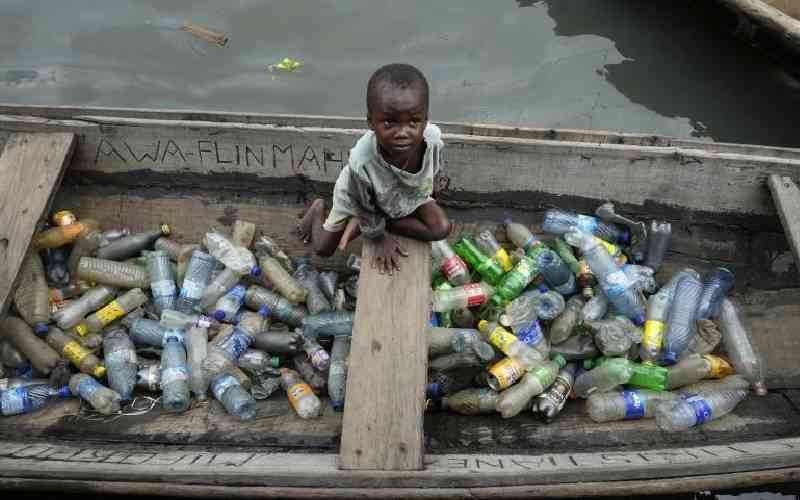×
The Standard e-Paper
Kenya’s Boldest Voice

At least 600 fossil fuel lobbyists and representatives of several other firms that massively contribute to the global warming blamed for the climate crisis were present at the climate talks that ended in Sharm El Sheikh, Egypt, on Friday.
A lot of these lobbyists at COP27 had the pink labelled badges marked "Party" or "Party Overflow" that gave them access to negotiation rooms as negotiators and not just observers.